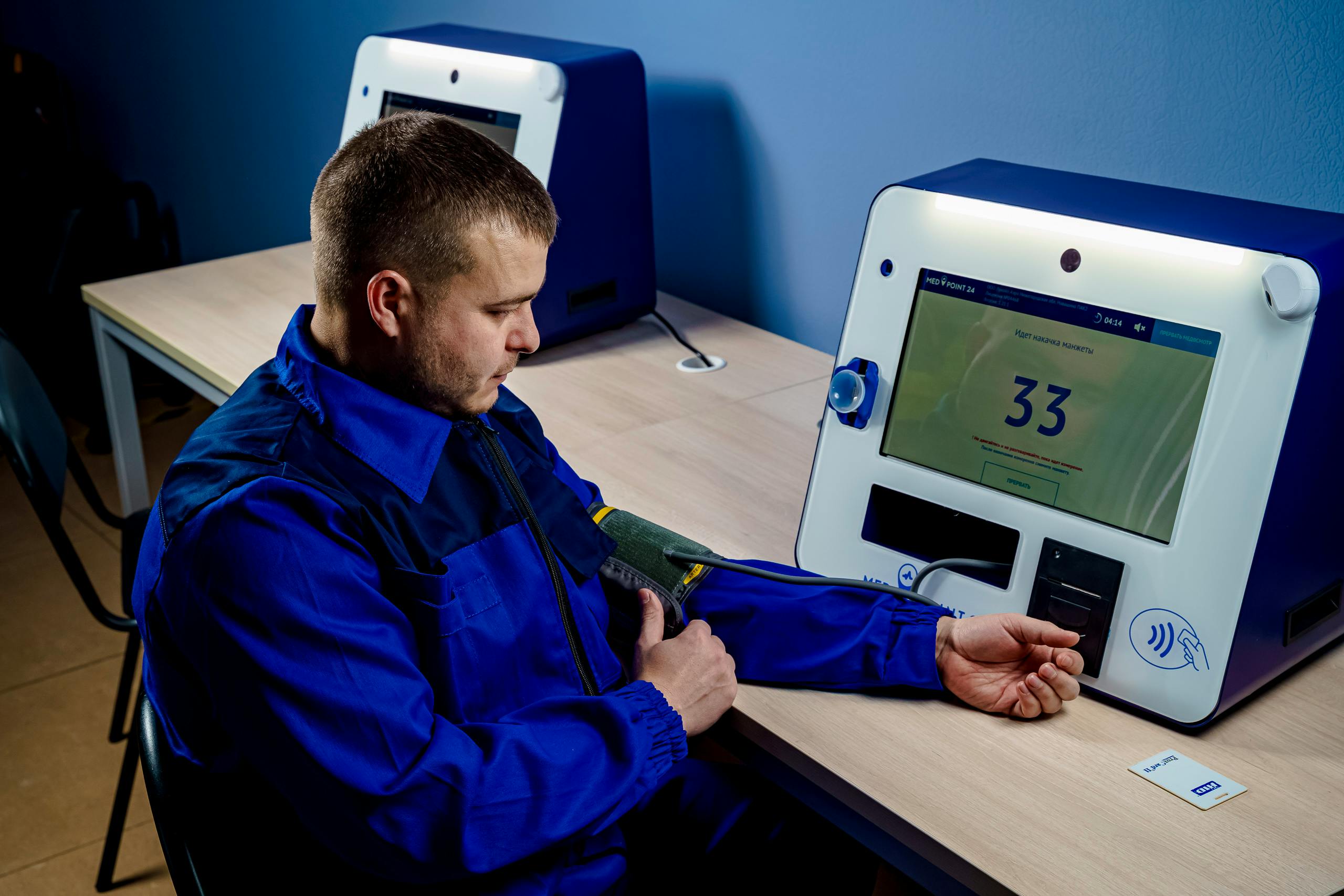The modern business landscape has been revolutionized by technology, enabling entrepreneurs to build thriving ventures from anywhere in the world, embracing a lifestyle of freedom and flexibility.
Imagine waking up to the sound of waves crashing on a Balinese beach, sipping locally-roasted coffee in a Lisbon café, or watching the sunset over the Moroccan desert—all while managing a profitable business. This isn’t a far-fetched dream reserved for the privileged few; it’s the reality of nomadic entrepreneurship, a growing movement that’s reshaping how we think about work, success, and life itself.
The concept of nomadic entrepreneurship combines the adventurous spirit of travel with the strategic mindset of business ownership. It represents a fundamental shift from the traditional office-bound model to one where location independence becomes a competitive advantage rather than a luxury. As digital infrastructure continues to expand globally and remote work tools become increasingly sophisticated, more entrepreneurs are discovering that their businesses can not only survive but thrive while they explore the world.
🌍 The Rise of the Digital Nomad Business Owner
The nomadic entrepreneurship movement didn’t emerge overnight. It’s the culmination of several technological, economic, and cultural shifts that have converged to create unprecedented opportunities for location-independent business owners. The proliferation of high-speed internet, cloud-based software, and collaborative tools has dissolved the geographical barriers that once constrained business operations.
Unlike traditional entrepreneurs tied to physical locations, nomadic business owners leverage technology to maintain operations across time zones and continents. They’ve learned to build systems that don’t depend on their physical presence, creating businesses that generate revenue whether they’re in Manhattan or Manila. This approach requires a different mindset—one that prioritizes automation, delegation, and strategic planning over constant hands-on management.
The statistics tell a compelling story. According to recent studies, the number of digital nomads has grown exponentially, with millions of professionals now identifying as location-independent workers. What’s particularly interesting is that a significant portion of these nomads aren’t just freelancers or remote employees—they’re business owners who’ve discovered that mobility can be a strategic business advantage.
Breaking Free from Geographical Constraints
One of the most powerful aspects of nomadic entrepreneurship is the ability to access global opportunities while minimizing operational costs. Entrepreneurs can live in locations with favorable cost-of-living ratios while serving clients in high-income markets. This arbitrage isn’t just about saving money—it’s about strategic resource allocation that allows for reinvestment in business growth, product development, and market expansion.
The freedom to choose your operating base also means you can position yourself in markets with emerging opportunities. Whether it’s tapping into a burgeoning tech scene in Medellín, accessing manufacturing networks in Chiang Mai, or networking with investors in Singapore, nomadic entrepreneurs can physically place themselves where the action is most relevant to their business objectives.
💼 Building Business Models That Travel Well
Not all business models are created equal when it comes to nomadic entrepreneurship. The most successful location-independent ventures share certain characteristics: they’re digital-first, scalable, and don’t require physical inventory or infrastructure. Understanding which business models thrive in a nomadic context is crucial for aspiring entrepreneur-travelers.
E-commerce businesses, particularly those using dropshipping or print-on-demand models, are naturally suited to nomadic entrepreneurship. These ventures can be managed entirely online, with suppliers and fulfillment partners handling the physical aspects of product delivery. Similarly, digital product businesses—selling courses, templates, software, or digital content—require no physical inventory and can be automated to generate passive income streams.
Service-based businesses also adapt well to the nomadic lifestyle. Consulting, coaching, marketing agencies, and design studios can all operate effectively with nothing more than a laptop and reliable internet connection. The key is building service delivery systems that don’t require synchronous communication, or alternatively, being flexible enough to accommodate client time zones when real-time interaction is necessary.
Essential Elements of a Travel-Friendly Business
Successful nomadic ventures are built on several foundational pillars. First and foremost is automation—using technology to handle repetitive tasks, customer communications, and basic operational functions. Marketing automation, customer relationship management systems, and payment processing platforms allow businesses to run smoothly without constant manual intervention.
Documentation and systematization are equally critical. When you’re constantly moving or working across different environments, having clear standard operating procedures ensures consistency and quality. This becomes especially important if you’re managing a team remotely, as well-documented processes allow team members to operate independently and make decisions without constant oversight.
Financial infrastructure must be globally compatible. This means having bank accounts that work internationally, payment systems that accept multiple currencies, and accounting practices that accommodate various tax jurisdictions. Many nomadic entrepreneurs use international banking solutions and digital payment platforms that simplify cross-border transactions and reduce conversion fees.
🚀 The Competitive Advantages of Nomadic Business Operations
Beyond the lifestyle benefits, nomadic entrepreneurship offers tangible business advantages that can give you an edge over traditional competitors. These advantages go deeper than simply having a better view from your office window—they impact creativity, resilience, market understanding, and operational efficiency.
Exposure to diverse markets and cultures provides invaluable insights into consumer behavior, emerging trends, and untapped opportunities. When you’re physically present in different regions, you develop a nuanced understanding of local needs, preferences, and pain points that can inform product development and marketing strategies. This ground-level market intelligence is difficult to replicate through remote research alone.
The nomadic lifestyle also forces entrepreneurs to build more resilient business systems. When you can’t rely on being in a specific location or having consistent routines, you naturally develop backup plans, redundant systems, and flexible approaches to problem-solving. This resilience becomes a competitive advantage when facing unexpected challenges or market disruptions.
Creativity and Innovation Through Cultural Immersion
There’s something uniquely stimulating about experiencing new environments, cultures, and perspectives. Nomadic entrepreneurs consistently report that travel enhances their creativity and problem-solving abilities. Exposure to different ways of thinking, doing business, and approaching challenges sparks innovative ideas that might never emerge in a static environment.
The cognitive benefits of travel are well-documented. New experiences create new neural pathways, enhance cognitive flexibility, and improve our ability to make connections between disparate concepts. For entrepreneurs, this translates into more creative marketing approaches, innovative product ideas, and novel solutions to business challenges.
Furthermore, the global network you build while traveling becomes an invaluable business asset. Partnerships, collaborations, and referrals often emerge from serendipitous encounters in coworking spaces, networking events, or even casual conversations in cafés. The nomadic entrepreneur’s network becomes truly international, opening doors to opportunities that would be impossible to access from a single location.
⚙️ Essential Tools and Technologies for Mobile Business Management
The technological backbone of nomadic entrepreneurship consists of cloud-based tools that enable seamless business operations from anywhere. Project management platforms, communication tools, and financial software form the core infrastructure that keeps nomadic businesses running smoothly across time zones and locations.
Communication and collaboration tools are non-negotiable for nomadic entrepreneurs. Video conferencing platforms, instant messaging apps, and asynchronous communication tools ensure that you can stay connected with your team, clients, and partners regardless of where you are in the world. The key is choosing tools that work reliably across different internet connections and devices.
Project management and productivity platforms help maintain organization and accountability when you’re managing work across multiple locations and potentially erratic schedules. These tools create visibility into project progress, deadlines, and responsibilities, ensuring that nothing falls through the cracks despite the physical distance between team members.
Financial Management on the Move
Managing finances as a nomadic entrepreneur requires specialized tools and strategies. Cloud-based accounting software allows you to track income, expenses, and financial performance from anywhere, while digital invoicing systems streamline billing and payment collection. Many nomadic entrepreneurs also use expense tracking apps to monitor spending across multiple currencies and categorize business expenses for tax purposes.
Security is paramount when managing business operations remotely. Virtual private networks (VPNs) protect sensitive data when working from public WiFi networks, while password managers ensure secure access to various accounts without the risk of forgotten credentials. Two-factor authentication adds an additional layer of security that’s essential when accessing business systems from diverse locations and devices.
Time zone management tools help coordinate meetings, deadlines, and communication across global teams and client bases. These tools automatically adjust for time differences, reducing the mental load of constant calculations and minimizing the risk of missed appointments or deadline confusion.
🌟 Overcoming Challenges and Building Sustainable Nomadic Ventures
While nomadic entrepreneurship offers tremendous opportunities, it’s not without challenges. Successful location-independent business owners are those who anticipate these obstacles and develop strategies to overcome them. Understanding the potential pitfalls helps you build a more sustainable and enjoyable nomadic business lifestyle.
Connectivity issues top the list of challenges for nomadic entrepreneurs. While internet access has improved dramatically worldwide, it’s not uniformly reliable. Successful nomads research connectivity before choosing destinations, maintain backup internet solutions like mobile hotspots, and structure their work to accommodate occasional offline periods. They also develop strategies for working asynchronously when real-time communication isn’t possible.
Time zone coordination can be complex when serving clients or managing teams across multiple regions. The solution lies in setting clear communication expectations, using asynchronous communication methods whenever possible, and occasionally being flexible with your own schedule. Some nomadic entrepreneurs adopt a “timezone anchor” approach, maintaining consistent working hours relative to their primary market regardless of physical location.
Maintaining Work-Life Balance While Traveling
Paradoxically, one of the biggest challenges nomadic entrepreneurs face is maintaining boundaries between work and exploration. When your entire life is location-independent, the temptation to constantly work or constantly travel can lead to burnout in either direction. Successful nomadic business owners establish routines, set boundaries, and create dedicated workspaces even in temporary locations.
Loneliness and social isolation can also affect nomadic entrepreneurs, particularly those traveling solo. Building community through coworking spaces, attending local networking events, and joining digital nomad communities helps combat isolation. Many successful nomads also establish “home bases” where they return periodically to maintain deeper social connections and stability.
Legal and tax considerations require careful attention. Different countries have varying rules regarding work visas, business operations, and tax obligations. Smart nomadic entrepreneurs consult with international tax specialists, understand visa requirements for their destinations, and structure their businesses in ways that comply with relevant regulations. This might mean establishing business entities in specific jurisdictions or obtaining special digital nomad visas that several countries now offer.
📈 Scaling Your Nomadic Business for Long-Term Success
The ultimate goal of nomadic entrepreneurship isn’t just to maintain a lifestyle, but to build a thriving, scalable business that grows regardless of your location. Scaling a nomadic business requires intentional systems, strategic hiring, and clear growth strategies that don’t depend on your physical presence.
Building a remote team is often the first scaling step. Hiring virtual assistants, contractors, or full-time remote employees allows you to leverage specialized skills and expand your business capacity. The key is establishing clear communication protocols, providing comprehensive training, and creating a culture of accountability and autonomy. Many successful nomadic entrepreneurs build entirely remote teams distributed across multiple countries.
Systematization becomes even more critical as your business grows. Every aspect of your operation should be documented, from customer onboarding to content creation to financial reporting. These systems ensure consistency and quality regardless of who’s performing the task or where they’re located. They also make your business more valuable should you eventually decide to sell.
Creating Passive and Semi-Passive Income Streams
The most sustainable nomadic businesses incorporate passive or semi-passive income streams that generate revenue without constant active management. Digital products, online courses, membership sites, and affiliate marketing can all provide income that continues flowing even when you’re disconnected or focused on other aspects of your business.
Diversification protects nomadic businesses from market fluctuations and unexpected disruptions. This might mean serving multiple client segments, offering various products or services, or generating revenue through different channels. Diversification also provides flexibility—if one income stream requires more active management temporarily, others can maintain steady revenue.
Strategic partnerships and collaborations extend your reach without proportionally increasing your workload. Joint ventures, affiliate relationships, and strategic alliances allow you to tap into established audiences and distribution channels while sharing resources and risks. For nomadic entrepreneurs, partnerships can also provide local market expertise and operational support in regions where you lack direct experience.
🎯 Designing Your Ideal Nomadic Entrepreneurship Journey
Successfully transitioning to nomadic entrepreneurship requires careful planning and intentional design. Rather than simply taking your existing business on the road, consider how to restructure your venture to maximize both business performance and lifestyle satisfaction. This transformation involves evaluating your current business model, identifying necessary changes, and creating a transition roadmap.
Start by assessing which aspects of your current business are location-dependent and which could be managed remotely. Can client meetings shift to video calls? Could you transition from physical products to digital offerings? Are there tasks that must be delegated or automated before you can operate effectively while traveling? Creating an honest inventory of dependencies helps you develop a realistic transition plan.
Financial preparation is essential before embarking on a nomadic lifestyle. Most advisors recommend having 6-12 months of operating expenses saved before making the leap. This buffer provides security during the transition period and allows you to handle unexpected challenges without financial stress compromising your business decisions.
Testing your nomadic business model before fully committing reduces risk and builds confidence. Consider taking extended trips while maintaining your current base, or spending time in different locations to understand your actual working patterns, connectivity needs, and productivity rhythms. These trial periods reveal practical challenges that might not be obvious from a distance and allow you to refine your approach before fully embracing the lifestyle.

🔥 Embracing the Adventure While Building Business Excellence
Nomadic entrepreneurship represents more than a business model—it’s a philosophy that recognizes business success and life fulfillment aren’t mutually exclusive. The most successful nomadic entrepreneurs are those who integrate their love of exploration with their commitment to business excellence, using travel as fuel for creativity, innovation, and growth rather than as a distraction from business responsibilities.
The journey requires courage, adaptability, and strategic thinking. It demands that you build stronger systems, communicate more effectively, and think more creatively than traditional business models might require. But for those willing to embrace these challenges, the rewards extend far beyond financial metrics—they encompass personal growth, global perspectives, and a lifestyle that aligns with your deepest values.
As remote work becomes increasingly normalized and global digital infrastructure continues improving, the opportunities for nomadic entrepreneurship will only expand. Forward-thinking entrepreneurs are already positioning themselves to capitalize on these trends, building businesses designed for the future rather than constrained by the past. Whether you’re launching a new venture or transforming an existing business, the principles of nomadic entrepreneurship offer a roadmap for building sustainable, fulfilling, and profitable enterprises that thrive anywhere in the world.
The power of nomadic entrepreneurship lies not just in the freedom it provides, but in the superior business outcomes it can generate when approached strategically. By combining location independence with disciplined business practices, you create a venture that’s resilient, innovative, and aligned with the lifestyle you’ve always imagined. Your wanderlust isn’t a distraction from business success—it’s a catalyst for building something extraordinary. 🌏✨
Toni Santos is a future-of-work researcher and social innovation writer exploring how technology, culture, and global mobility are redefining what it means to work and thrive in the 21st century. Through his studies on automation, digital nomadism, and workforce transformation, Toni examines the balance between progress, adaptability, and human purpose in a rapidly changing world. Passionate about remote collaboration systems and digital inclusion, Toni focuses on how emerging tools and global connectivity empower individuals to build meaningful, flexible, and resilient careers. His work highlights how automation and new work models can coexist with creativity, empathy, and social value. Blending sociology, economics, and digital strategy, Toni writes about the human side of innovation — helping readers understand not only where work is heading, but how to align with its transformation responsibly and purposefully. His work is a tribute to: The evolving relationship between automation and human employment The rise of global, location-independent lifestyles The power of resilience and adaptability in the modern workforce Whether you are a freelancer, remote leader, or curious observer of the new economy, Toni Santos invites you to explore the future of work — one idea, one connection, one transformation at a time.




